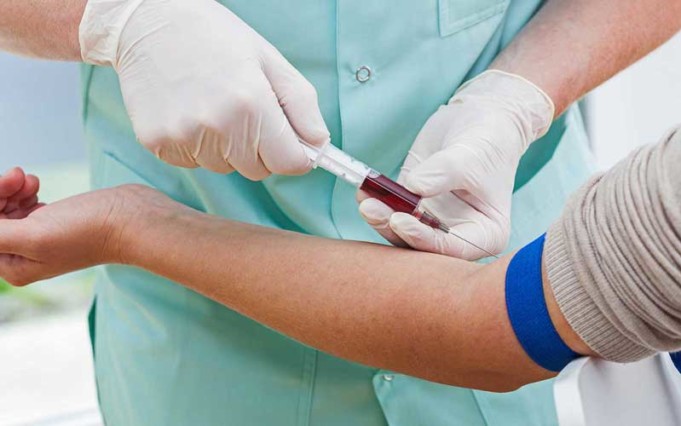Every now and then, you go for lab tests for different diseases such as malaria, STD testing, and other ailments, but did you know that the reliability and the accuracy of the lab tests depend entirely on you?
If anything, you give the sample for which the test is done. As such, it is important to prepare adequately for any lab tests for a more useful interpretation by your physician.
This is attributed to the fact that some behaviors that you engage in can have adverse impacts on the test results. This article offers an overview of lab test preparation and your role in it.
 Things that you should do as you prepare for a lab test
Things that you should do as you prepare for a lab test
There are different types of laboratory tests that you can be asked to undertake. Irrespective of the given test, your input and adequate preparation is very important. Here are some of the things that you should do as you prepare for different lab tests:
Fast for 8 hours before the test
Some tests such as glucose and cholesterol tests require you to fast for about 8 hours before drawing your blood. You should not drink or eat anything for the specified hours, although it is necessary to take some water. However, after the test, it is important to go back to your regular diet.
Drink a lot of water
Plenty of water is important before lab tests, especially blood tests. Drinking a lot of water before the blood test is significant in that it ensures that the blood pressure does not drop. The significance of keeping blood pressure from dropping is that it prevents people from having a feeling of dizziness and fainting after a blood test.
Eat a heavy breakfast to raise your blood sugar level
In cases where you are not required to fast, it is important to eat heavily in the morning. Taking breakfast before your lab tests gives a boost to your blood sugar, helping you respond well to drawing the blood and hence, preventing dizziness and light headedness. However, if you have a history of nausea in the process of blood draw, make sure that you refrain from eating prior to your appointment with your doctor.
Be open about any medication that you are taking
Before you engage in any lab tests, you need to let your doctor know of any other medication, such as blood thinners, that you might be taking. Certain medications such as Coumadin or heparin might have adverse impacts on the puncture site after drawing blood.
Be in a relaxed atmosphere
Make sure that you relax before, during, and after the lab test. Test anxiety can get to anybody — adult or child. If there is anything that might make you feel anxious, talk to your doctor to clarify it before drawing the blood. Being anxious can have adverse impacts on your blood pressure, and then eventually the results.
Laboratory testing, just like any other medical care aspects, is an important part and requires your full input. Make sure that you follow the instructions that your doctor gives you, and be honest and open, since your adequate preparation and openness improves the reliability and accuracy of the test results.












